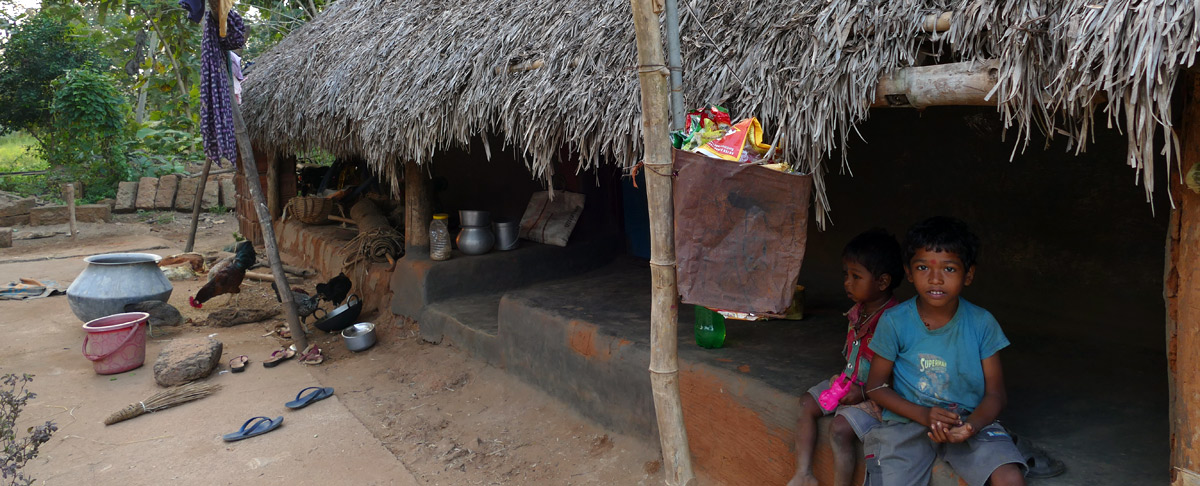
The Network of Rural and Agrarian Studies (NRAS) was established in 2010, motivated by the twin objectives of a) reinvigorating the study of agrarian and rural issues in India’s academic institutions and enabling scholars to engage with a range of pressing issues and ideas; and b) influencing the pedagogy and curriculum of academic institutions to encompass rural and agrarian issues. Professors A.R. Vasavi and Padmini Swaminathan conceptualized the NRAS and hosted the first workshop in October 2010 at the National Institute of Advanced Study (NIAS) in Bangalore. This workshop helped set an agenda for research on rural and agrarian issues from a wide variety of disciplinary and interdisciplinary perspectives.
Since then the NRAS has held biannual research workshops. To move the epicentre of debate away from metro cities, NRAS holds its workshops in small town and peri-urban centres. The network introduced a Mentoring Initiative in 2014 to assist students with their research. In 2015, the NRAS initiated a Working Paper series, offering members a chance to share their work with a broader audience before these are published elsewhere. As of today there are 120 members who form part of the network.
This website aims to serve as a hub for communication, interaction and exchange. We invite you to become part of this network and contribute to our collective effort. The NRAS would like to support the development of teaching materials in multiple languages, engage with college teachers and other researchers in regional, rural and peri-urban areas in conducting research, and support the publication of cutting edge research on rural and agrarian issues.
Since 2010, the activities of the NRAS have been funded by Ford Foundation, the Indian Council for Social Science Research (ICSSR), and IIT Delhi’s Quality Improvement Program/ Curriculum Development Cell. The NRAS is deeply grateful to all its funders.
All activities of the NRAS are coordinated by a core group, whose members vary by rotation. Currently, the core group comprises the following members.
- Rajeswari S. Raina, Shiv Nadar University, Noida
- Richa Kumar, Indian Institute of Technology, Delhi
- Srijit Mishra, Nabakrushna Choudhury Centre for Development Studies, Bhubaneshwar
- Surinder S. Jodhka, Jawaharlal Nehru University, New Delhi
- A R Vasavi, Independent Scholar, Bangalore
- Vijay Baskar, Madras Institute of Development Studies, Chennai
- P.S.Vijay Shankar, Samaj Pragati Sahayog, Bagli.
- Siddharth Joshi, Independent Researcher, Bengaluru
- Aniket Aga, Ashoka University, Sonipat
- Shalini Bhutani, Independent Legal Advisor
- Shambu Prasad, Institute of Rural Management, Anand
